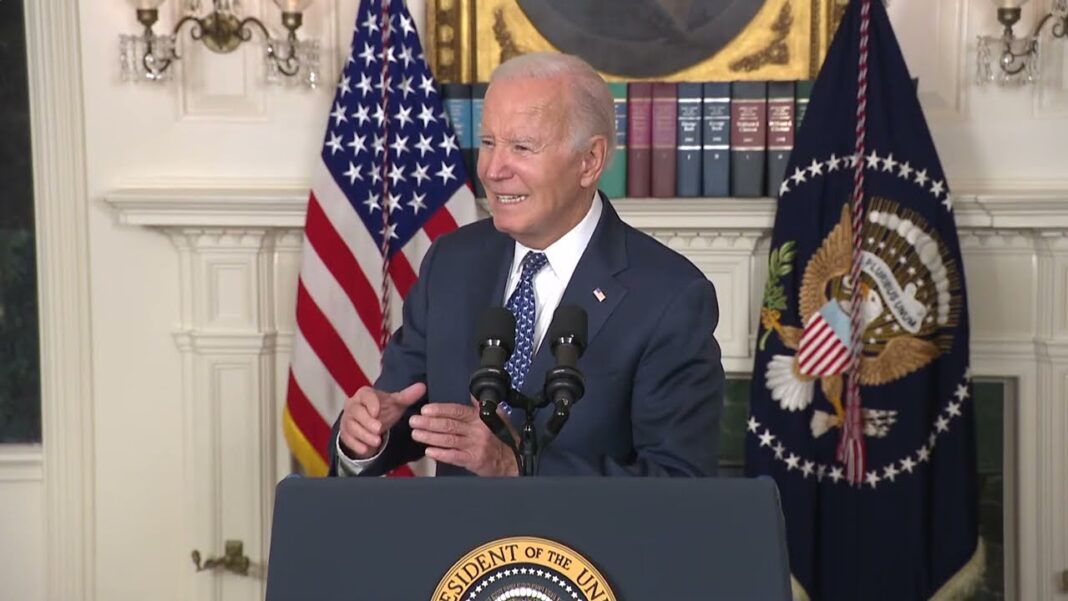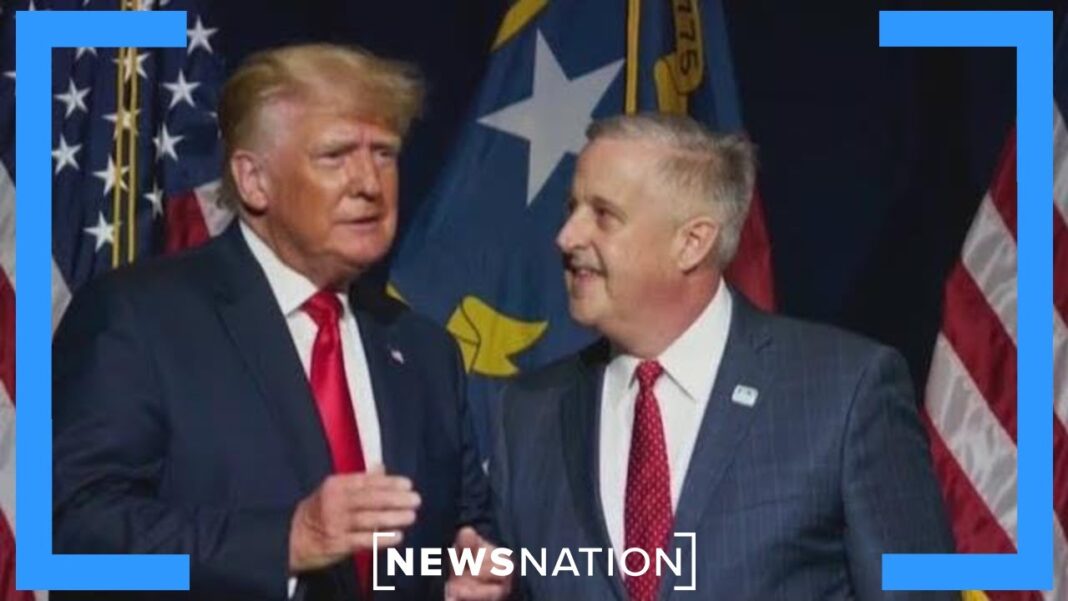A terrorist plot to smuggle an ISIS assassin team from Iraq across our southern border is wrapping up just in time to remind Americans the worst mass-migration crisis in US history comes with a high price: an elevated national-security threat.
The obscure federal prosecution of an Ohio Iraqi, Shihab Ahmed Shihab, for his plan to assassinate former President George W. Bush demonstrates better than anything that violent Islamic extremists have learned the US southern border has a wide-open back door.
So much so that President Biden’s own Justice Department prosecutors have just filed a memorandum in the concluding case arguing for a 15-year prison sentence and lifetime supervised release, with an aim far beyond Ohio and the United States.
Shihab pleaded guilty in December 2022 to one count of providing material support to terrorists, and prosecutors want jail time in the upper range.
“Such a lengthy sentence protects the public from Defendant and his lack of respect for the life of Americans,” wrote Jessica Knight, assistant US attorney for Ohio’s Southern District.
“Moreover, by enforcing accountability, we not only protect the wellbeing of intended victims, but the Court can send a clear message to the greater community, and world, if necessary, that such actions will not be tolerated” (my emphasis).
Court documents describe the southern border’s centrality in the plot to murder a former president in Texas, ground zero in a historic mass-migration crisis of 7.6 million apprehensions in 36 months, now in its fourth year.
Shihab, a self-proclaimed ex-ISIS fighter who flew into the country on a tourist visa and claimed asylum in 2020, immediately began plotting to smuggle at least four of his brethren in a group known as “Thunder” over the border from Brazil up through Central America and Mexico, the FBI says.
They were to cross but not turn themselves in, as so many millions have, for processing.
They would quickly don Border Patrol uniforms to avoid detection and reach the American interior, presumably as far as Dallas initially.
By Todd Bensman






